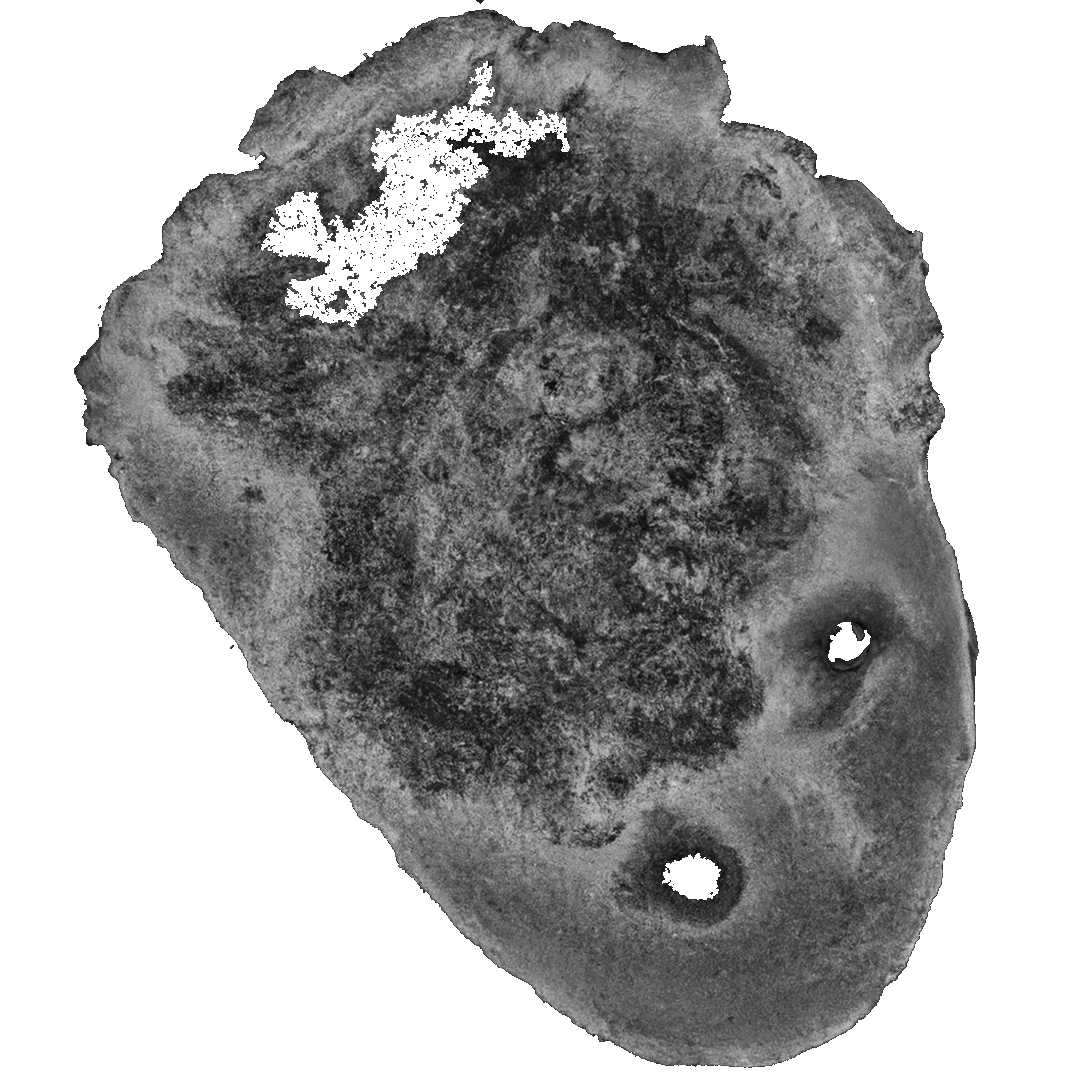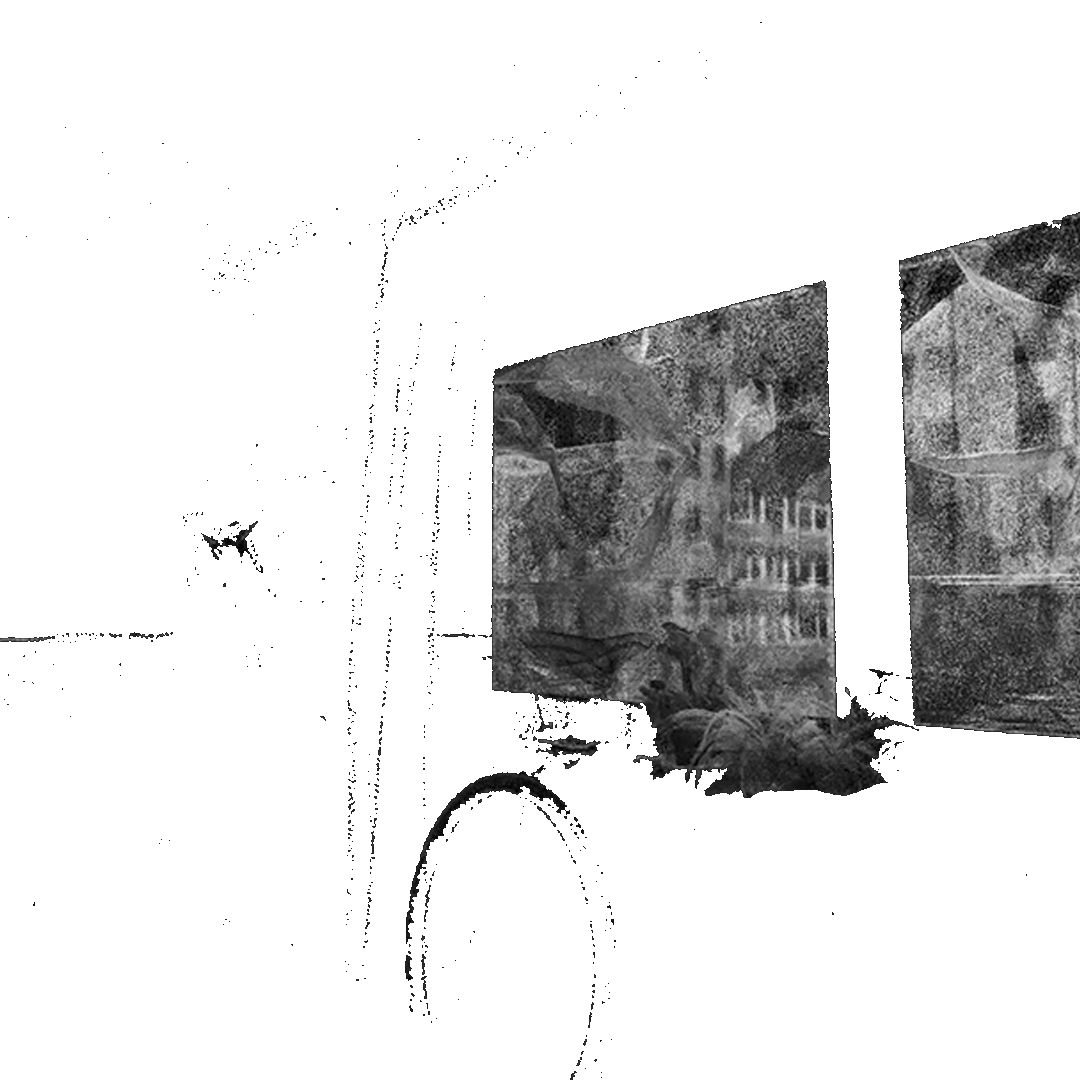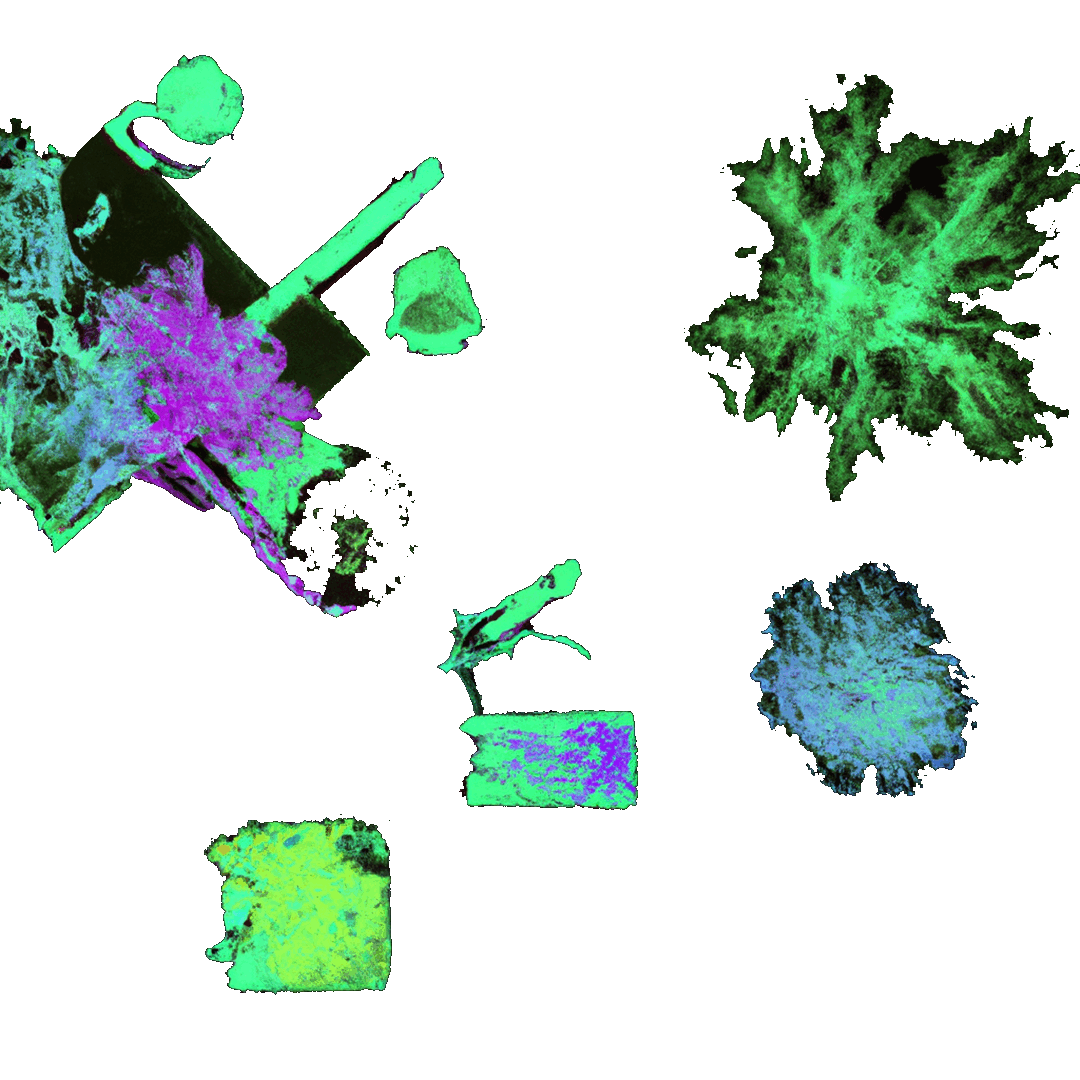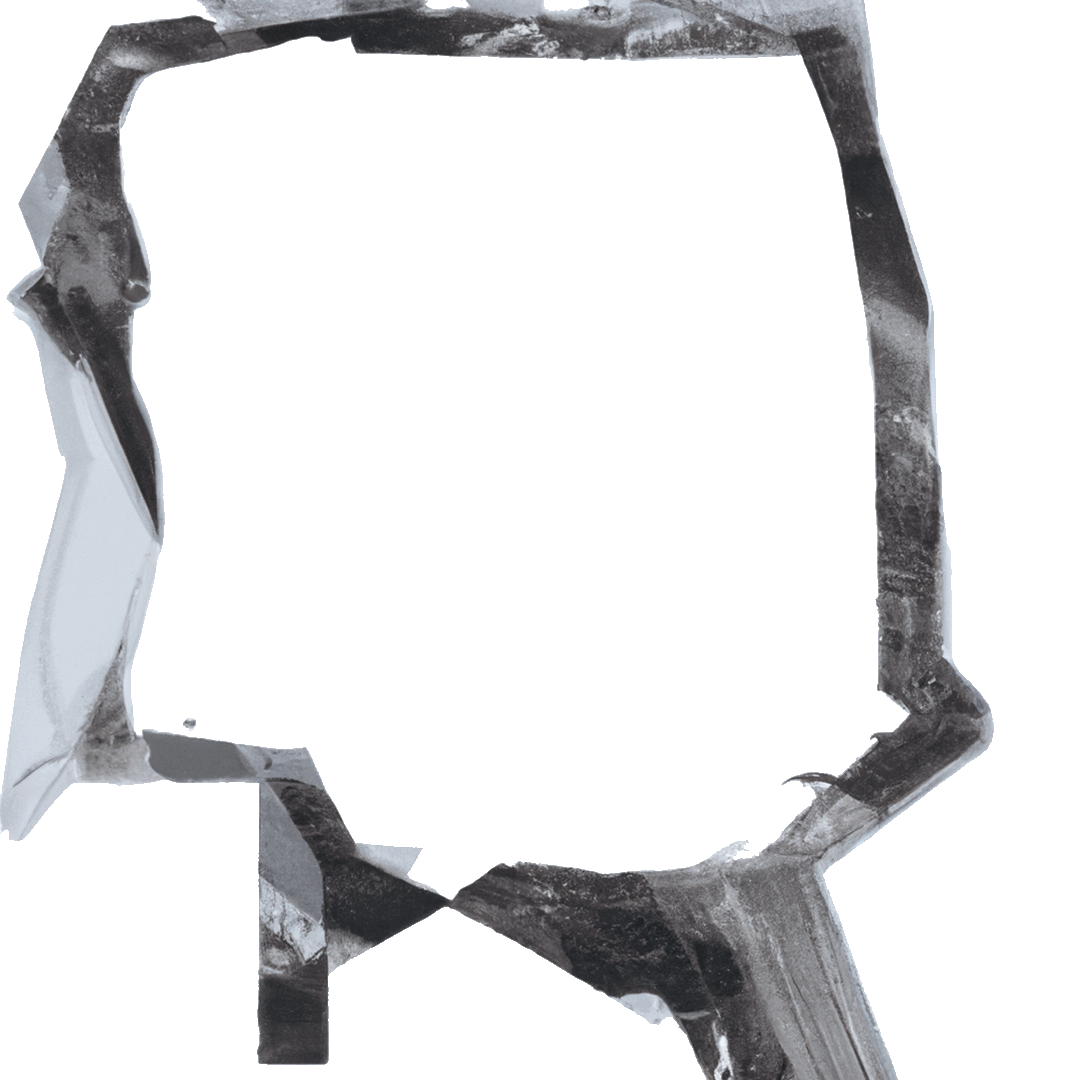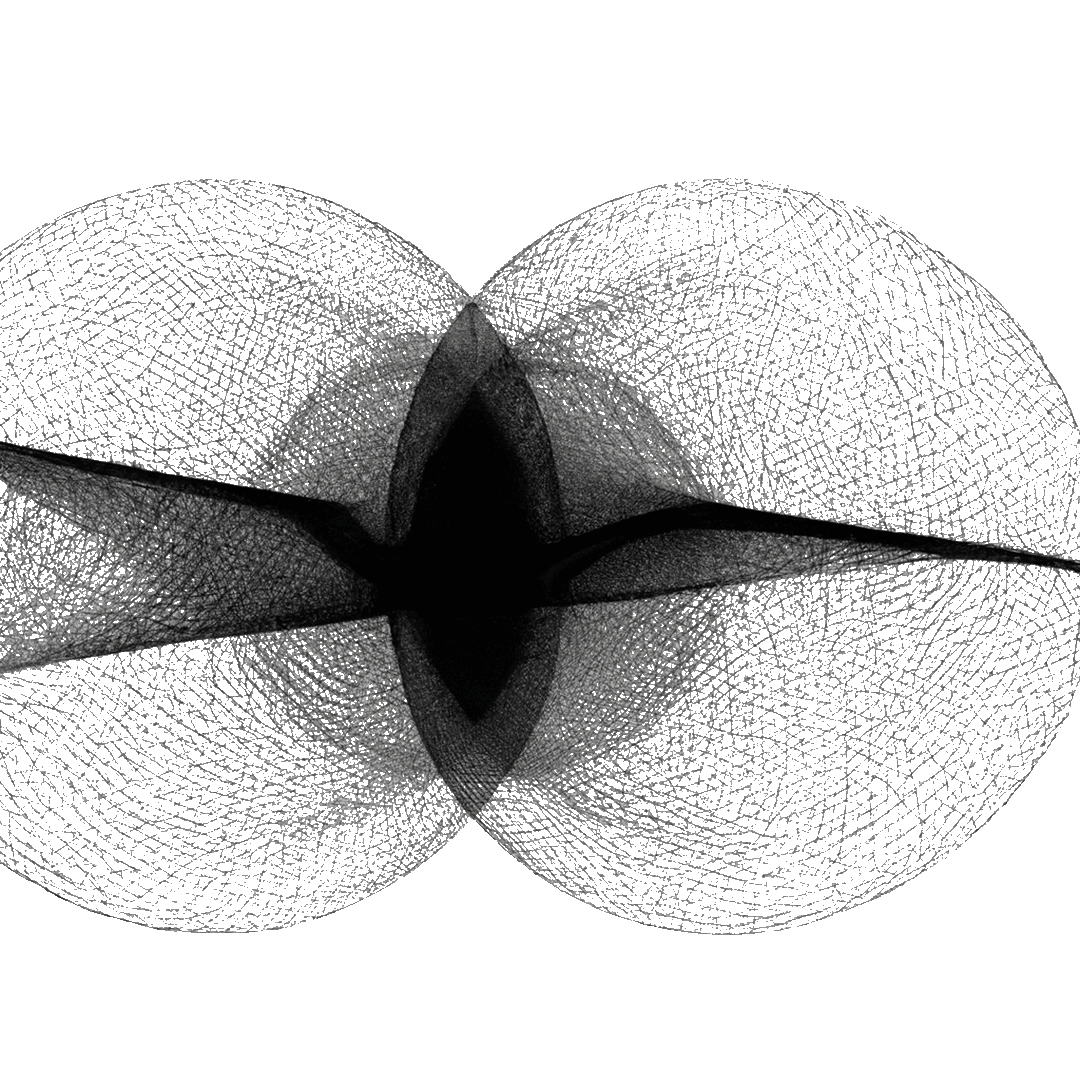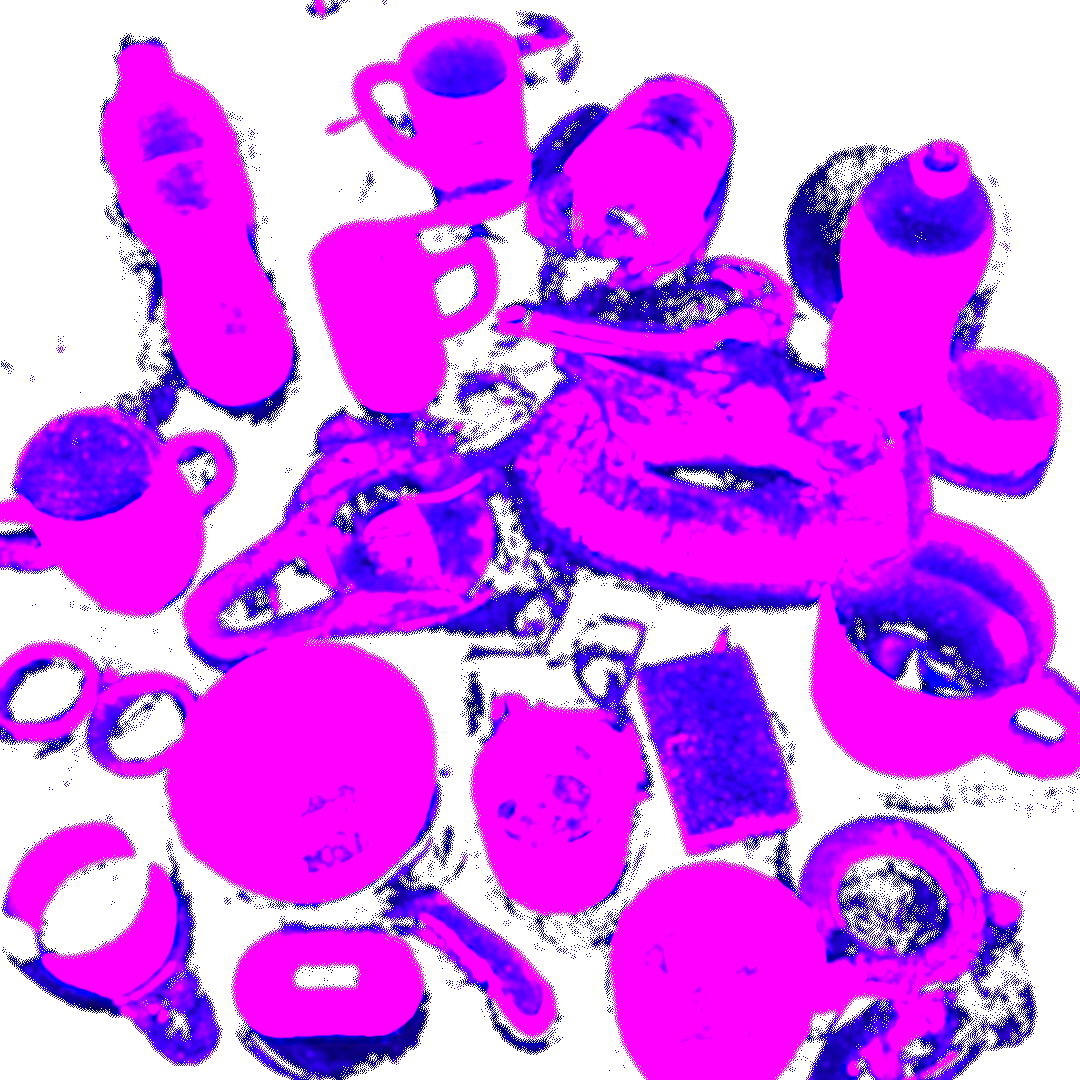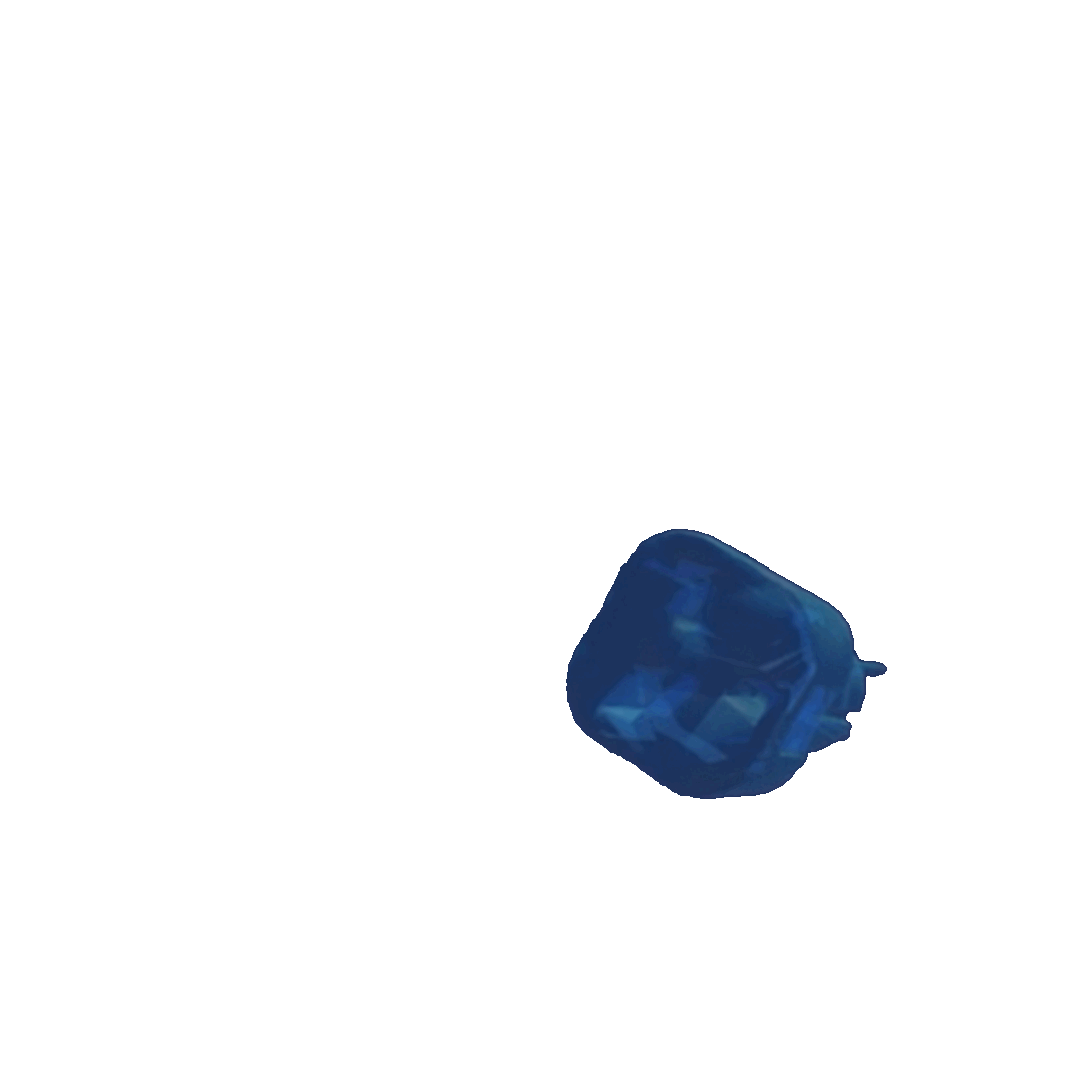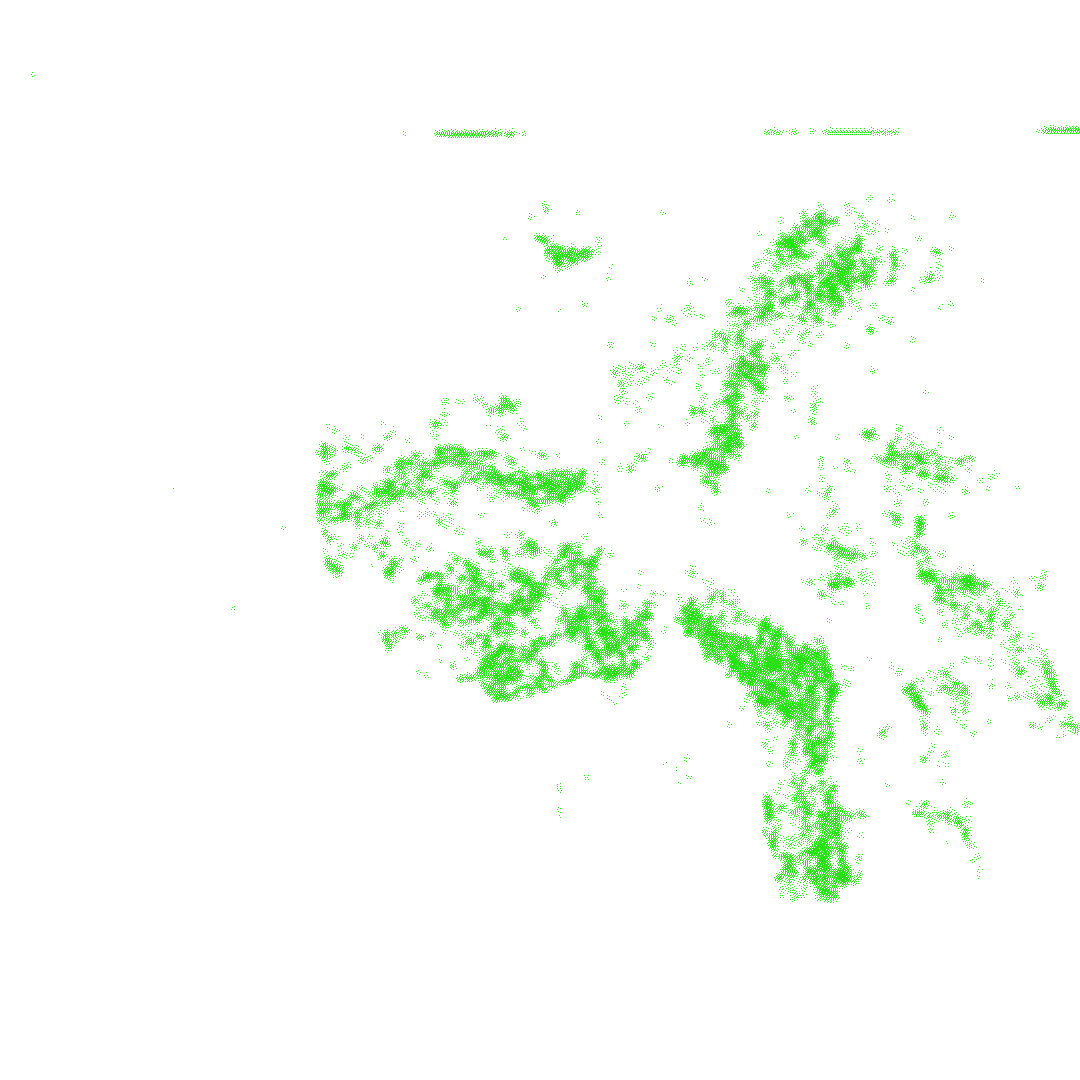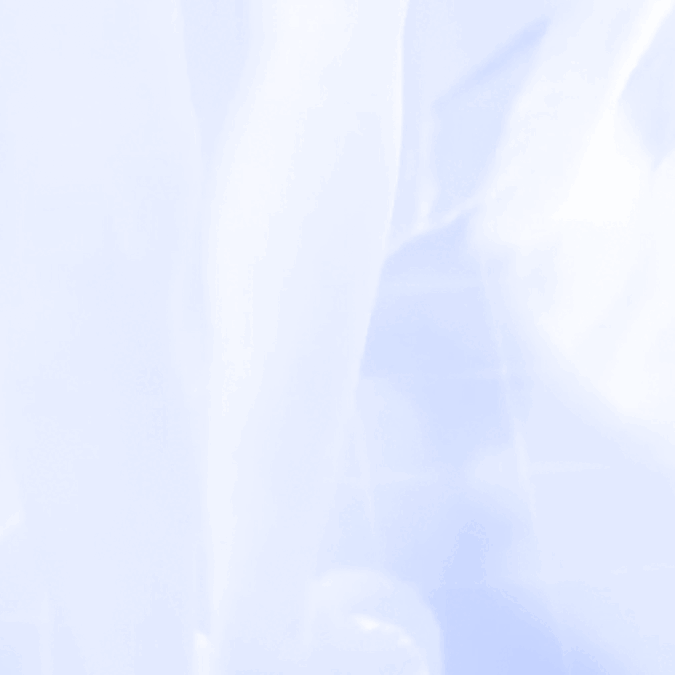On Duration - Chronophotography
speculation
The project takes into
account garden typology as a primary medium of study in an attempt to
understand the formulation of space keeping in mind the continuous flow of time
– the duration. The project refers to early experiments by Etienne-Jules
Marey on multiple exposure on a single image plate and Eadweard
Muybridge’s motion studies.
The series works
around re-articulation of garden space by staging the physically scanned garden
elements through the technique of digital reconstruction and tracing the body
movement in and around them. The recorded image/images are overlapped multiple
times to speculate on this new space which is an assemblage of the form of an
object and the movement it undergoes over the course of time. Movement here is
that of a subject scanning the object. The resultant images refer to the
overlapping planes in Picasso and Braque, the linear stratification observed in
the work of Corbusier, Eisenman and Loos; questioning the very notion of space.
Space is usually endowed with an idea of pre-existing neutral condition,
independent of the content, occurrences and events taking place within.



36 moving images per second
As Elizabeth Grosz talks about duration,
“Duration, by contrast, is a multiplicity of succession, heterogeneity,
differences in kind and qualitative differentiations. It is continuous and
virtual. Duration is divisible, of course, but it is transformed through the
act of division”. It is a successive framing of qualitative change
pervading onto each other. Deleuze related duration to a process of becoming, a change that is substance itself. Changes are however
brought by the content or the event taking place within.
Duration is non-spatial, a
single continuum of past and present forming as a whole, a conscious state. It
is through this phenomenon one can access past in terms of memory. Memory is a perception
of already experienced momentary units. The supposition of this uniform space interchanging into a continuous transformation due to adjacent movement in and around- instills within what Henri Bergson termed ‘Duration’.
As Elizabeth Grosz talks about duration,
“Duration, by contrast, is a multiplicity of succession, heterogeneity,
differences in kind and qualitative differentiations. It is continuous and
virtual. Duration is divisible, of course, but it is transformed through the
act of division”. It is a successive framing of qualitative change
pervading onto each other. Deleuze related duration to a process of becoming, a change that is substance itself. Changes are however
brought by the content or the event taking place within.
Duration is non-spatial, a single continuum of past and present forming as a whole, a conscious state. It is through this phenomenon one can access past in terms of memory. Memory is a perception of already experienced momentary units. The supposition of this uniform space interchanging into a continuous transformation due to adjacent movement in and around- instills within what Henri Bergson termed ‘Duration’.
Duration is non-spatial, a single continuum of past and present forming as a whole, a conscious state. It is through this phenomenon one can access past in terms of memory. Memory is a perception of already experienced momentary units. The supposition of this uniform space interchanging into a continuous transformation due to adjacent movement in and around- instills within what Henri Bergson termed ‘Duration’.

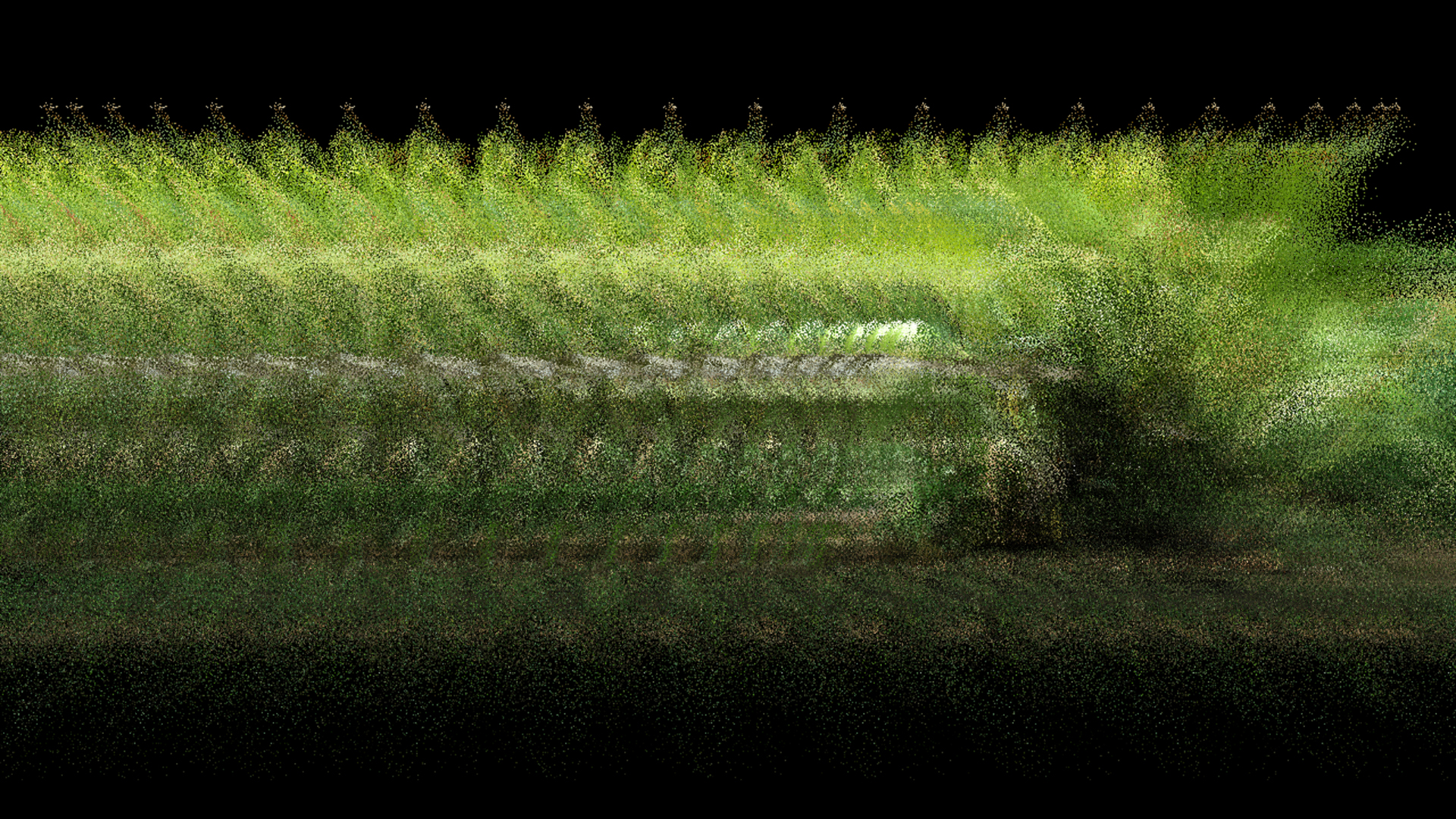
36 moving images composed on one picture plane


48 moving images composed on
one picture plane

